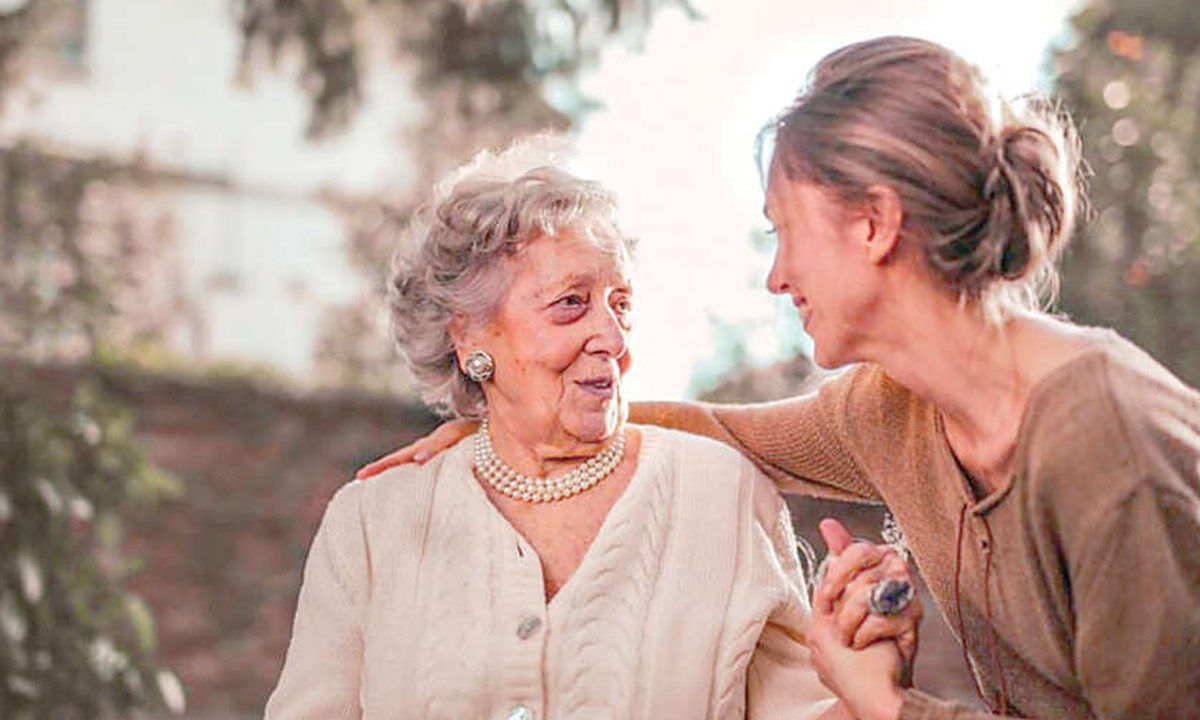Alzheimer’s disease affects not just patients but also their families, especially women who shoulder most caregiving duties. Daughters, wives, and granddaughters often juggle jobs, household work, and emotional responsibilities alongside care. This unseen burden takes a toll on their health, finances, and personal lives, highlighting the urgent need for support systems
Alzheimer’s disease does not only affect the person who is diagnosed with it. It also deeply changes the lives of family members who take on the role of caregivers. In most families, this role falls on women, daughters, wives, and even granddaughters. They are often expected to balance care duties with jobs, household responsibilities, and emotional support for other family members. This triple burden puts women under immense stress, both mentally and physically.
Why Women Are the Primary Caregivers
Across cultures, women are usually seen as natural caregivers. In India too, they are the first ones to step in when an elderly parent, in-law, or spouse is diagnosed with Alzheimer’s. A study by the Alzheimer’s and Related Disorders Society of India (ARDSI) shows that over 70% of primary caregivers are women. This is because women are more likely to take career breaks, work flexible jobs, or stay at home compared to men. While this sense of responsibility reflects love and duty, it also makes women more vulnerable to burnout.
Balancing Work and Caregiving
Modern women are not only homemakers; they are also professionals. Many women caregivers juggle between office work and caring for an Alzheimer’s patient at home. A working daughter, for example, might spend her mornings preparing her parent’s meals and medicines, rush to work, and return late evening to manage bathing, feeding, or calming episodes of memory loss. This daily cycle leaves little time for self-care, friendships, or even rest. Over time, it can affect productivity at work, increase absenteeism, and create guilt of “not doing enough” at either role.
Emotional and Physical Strain
Alzheimer’s is a long-term illness that worsens over time. Watching a loved one forget familiar faces or behave in unusual ways can be heartbreaking. Women often find themselves managing the anger, confusion, and fear of the patient while also controlling their own emotions. This constant pressure leads to anxiety, depression, and sleep problems. Physical health too takes a hit—back pain from lifting, exhaustion from sleepless nights, and a weak immune system from constant stress are common complaints.
Impact on Family Life
When a woman becomes a caregiver, her role in the family also changes. A wife caring for her husband may find herself making all financial and household decisions alone. A daughter may have to sacrifice marriage or motherhood plans because of care duties. In many cases, siblings or other relatives do not share the responsibility equally, which increases the sense of isolation. Children of women caregivers also feel the impact, as their mothers have less time or energy to attend to their needs.
Financial Burden
Alzheimer’s care is expensive. From doctor visits, therapies, and medicines to home safety modifications, the costs keep adding up. Women, especially those who leave their jobs to care full-time, often face financial insecurity. The lack of structured caregiving support in India such as trained nurses, government-funded programs, or long-term insurance makes the burden even heavier.
Coping Strategies and Support
While the journey is difficult, support systems can help ease the burden on women caregivers:
• Sharing responsibility: Other family members must step in, even if only for a few hours, so the caregiver can rest.
• Support groups: Talking to others who are caring for Alzheimer’s patients can reduce loneliness and provide practical advice.
• Workplace flexibility: Employers offering work-from-home options or flexible timings can support employees who are caregivers.
• Professional help: Hiring trained attendants, even part-time, can make a big difference.
• Self-care: Caregivers must not neglect their health. Regular check-ups, short breaks, and hobbies can help reduce stress.
Conclusion
Women carry the heaviest weight when a loved one develops Alzheimer’s. They manage work, family, and caregiving, often at great personal cost. Yet, their dedication ensures that patients live with dignity and love. As a society, it is important to recognise this invisible labour and create systems that support caregivers. After all, caring for the caregiver is just as important as caring for the patient.
(The writer is a Lead Consultant – Neurology, Aster CMI Hospital, Bangalore)

